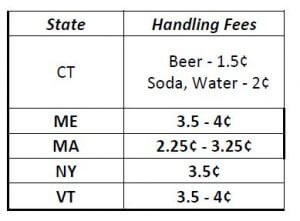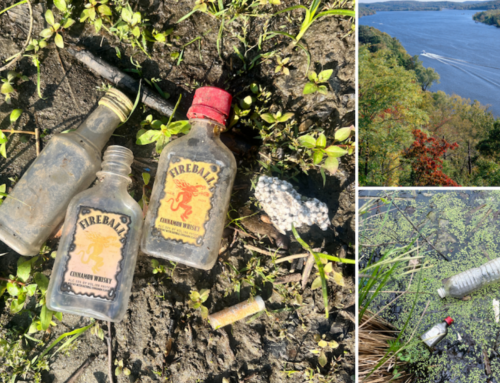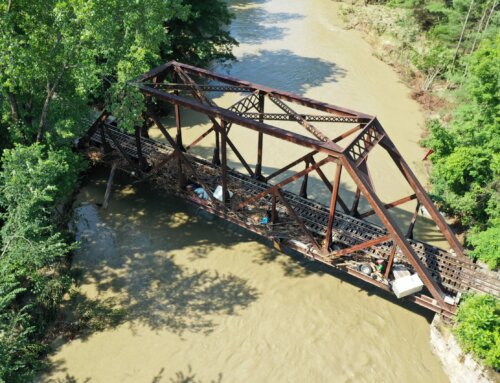The CT Container Deposit Working Group Supports
S.B. 10, Sections 27 & 28
Establishing a Refundable Container Deposit on Non-Carbonated Beverage Containers, Wine and Liquor Bottles
Since it took effect in 1980, Connecticut’s Bottle Bill has successfully:
Captured millions of tons of recyclable beverage containers;
Created an efficient market for recycled aluminum, glass and PET plastic;
Produced millions in cost savings for municipalities that would otherwise shoulder the costs of litter pickups and municipal solid waste disposal to collect and recycle containers that have been improperly discarded.
Modernizing Connecticut’s Container Deposit Law
Connecticut’s bottle bill was updated in 2009 to capture plastic water bottles, which were the fastest growing beverage category on the market at that time. This was a common sense addition to the program, intended to reflect changing market trends. Unfortunately, Connecticut’s bottle bill has not been updated to capture the wide array of juices, teas, sports drinks and other non-carbonated beverages that have also grown in popularity in recent years. By expanding the bottle bill to include non-carbonated beverages and wine & liquor bottles, Connecticut can dramatically increase the volume of beverage containers recycled in our state, while saving energy, reducing recycling costs to municipalities and improving the quality of post-consumer recycled materials.
Summary of S.B. 10; CT Container Deposit Expansion Plan:
1. Expand the existing container deposit program to cover non-carbonated beverage containers, including juices, teas, sports drinks and other non-carbonated beverages. According to Connecticut’s 2016 beverage sales data, this measure could capture up to 162 million additional beverage containers each year;
2. Establish a 25-cent refundable container deposit on wine and liquor bottles. This could increase recycling of wine & liquor bottles in Connecticut by up to 72 million units annually.
Expanding Connecticut’s bottle bill program is an important first step in modernizing the law, but handling fees paid out to container redemption centers must also be updated!
Handling fees paid out by beverage distributors for each container collected have not been updated since 1986, and they remain well below the fair market value paid to dealers (retailers) and redemption centers in our neighboring states. In order to maintain a strong, working container deposit system, handling fees must be increased for each container category under the program, for container redemption centers and dealers in our state.

The Container Deposit Working Group (CDWG) is a diverse coalition including recycling industry professionals, municipal recycling authorities, environmental advocates, and other actors within the system working to modernize and strengthen Connecticut’s bottle bill and achieve maximum environmental and economic benefits for Connecticut.








